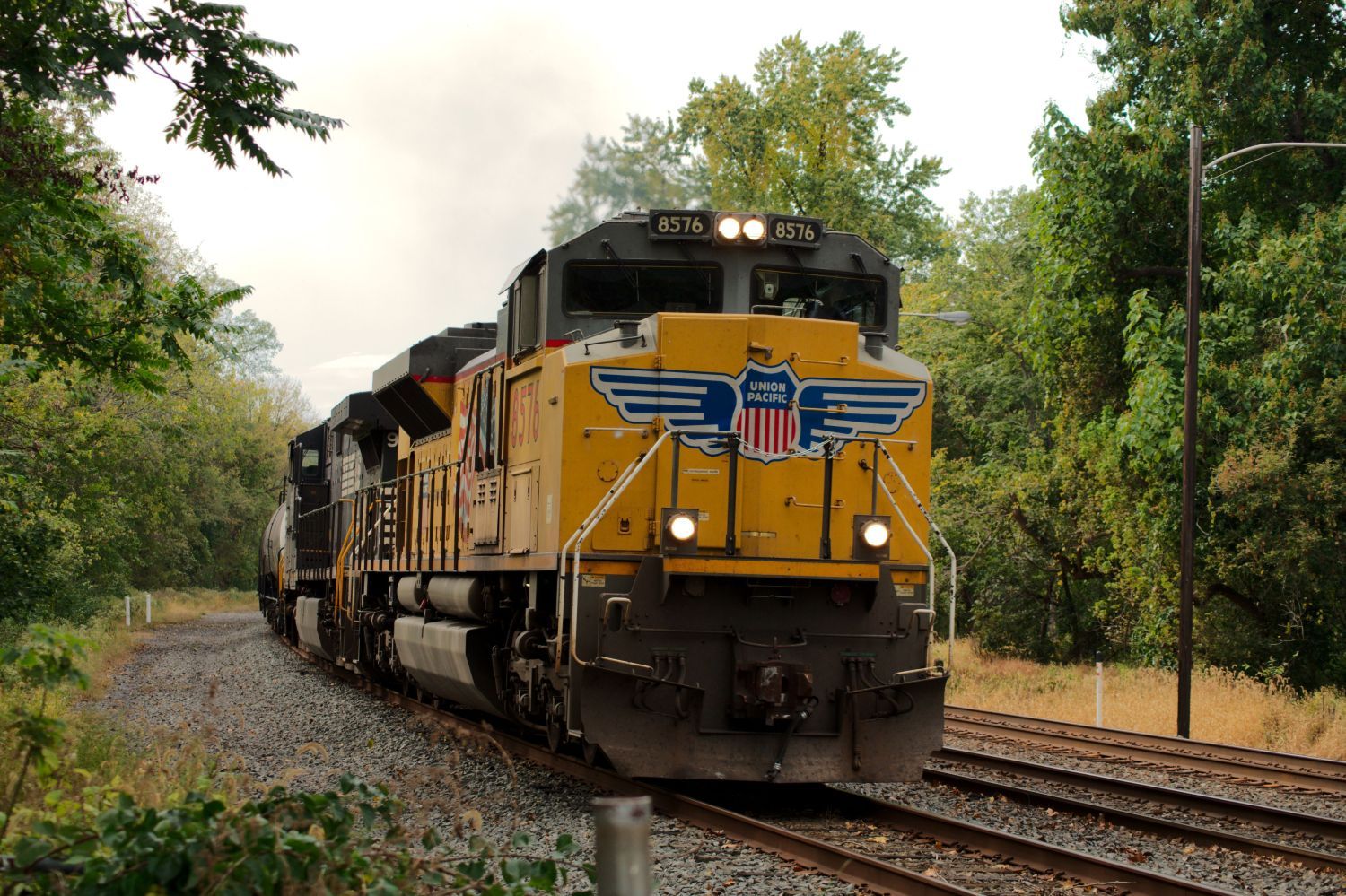Asia-Europe Air Cargo Demand Surges Amid E-commerce Growth and US Tariffs
A significant increase in air cargo demand on the Asia-Europe trade route is being driven by robust international demand, fueled by the growth of e-commerce and evolving import regulations in the United States. This surge is attributed to a modal shift from ocean freight and the diversion of shipments from the trans-Pacific route due to US tariffs.
BNSF Railway Opposes Union Pacific's Proposed Acquisition of Norfolk Southern
BNSF Railway has voiced strong opposition to Union Pacific's (UP) proposed acquisition of Norfolk Southern (NS), arguing that it will diminish rail competition, inflate rates, degrade service quality, and potentially trigger an operational breakdown. They assert that this merger is driven by Wall Street seeking shareholder payouts, not by customer demand.
According to BNSF, shippers will ultimately bear the brunt of the $85 billion deal, as UP's target of 10% volume growth is unrealistic. As a result, UP will allegedly increase rates on captive traffic and aggressively cut costs, disadvantaging smaller customers, communities, and short lines. “No customer is asking for a UP-NS merger to happen. It’s driven by Wall Street on the promise of a big shareholder payout,” BNSF said.
Concerns Over Reduced Competition and Service Degradation
BNSF predicts that UP will close approximately 300 intermodal lanes if the merger proceeds, based on the assumption that all current UP-CSX (NASDAQ: CSX) and BNSF-NS (NYSE: NSC) lanes will be eliminated. BNSF also contends that "At the expense of smaller customers, communities, and short lines, UP (NYSE: UNP) will double down on its historic practice of leveraging its now-enhanced market power to drive higher rates on captive customers and favoring high-density lanes while closing low volume lanes.”
UP and NS plan to release details of their operational plan between October 29th and January 29th when they file their merger application. While UP has invested in intermodal terminals, BNSF remains skeptical, citing previous Class I megamergers which produced integration-related problems.
Supply Chain Risks and Regulatory Oversight
BNSF emphasizes the potential risks to the supply chain, the economy, and consumers stemming from the proposed merger, especially considering the challenges experienced during the pandemic. “America’s supply chain was severely challenged during the pandemic, and the potential impact to the supply chain, economy, and the consumer from the proposed merger is too risky,” BNSF said.
BNSF also questions the Surface Transportation Board (STB)'s ability to impose conditions that would adequately safeguard shippers' competitive options, referencing past instances where UP allegedly failed to comply with merger obligations. The concerns include UP's compliance with obligations stemming from its 1996 acquisition of Southern Pacific.
Attend the Future of Freight Festival
Join industry leaders at the F3: Future of Freight Festival, taking place on October 21-22. This event offers a valuable opportunity to network with industry experts and explore the future of freight. Register now!
 Visit the website
Visit the website







